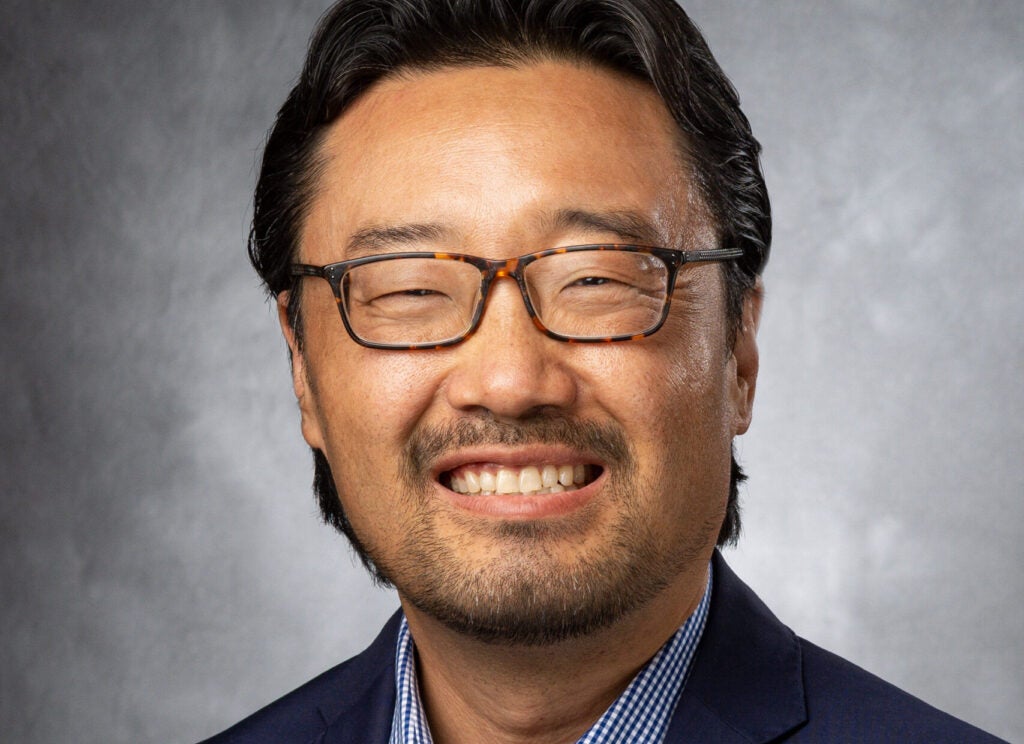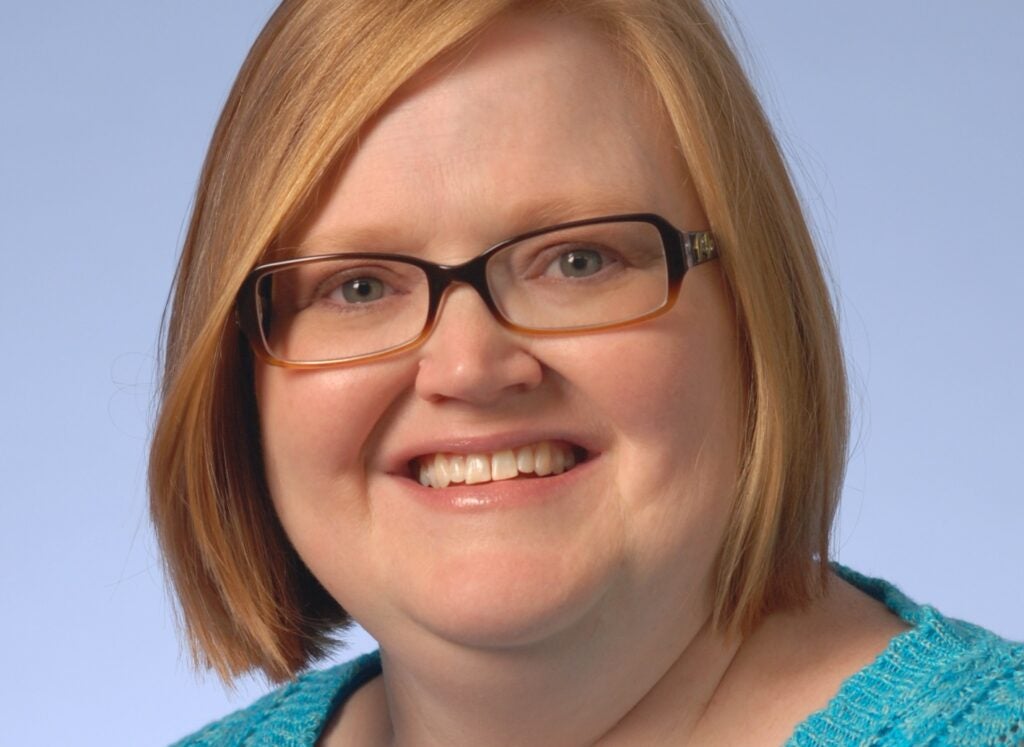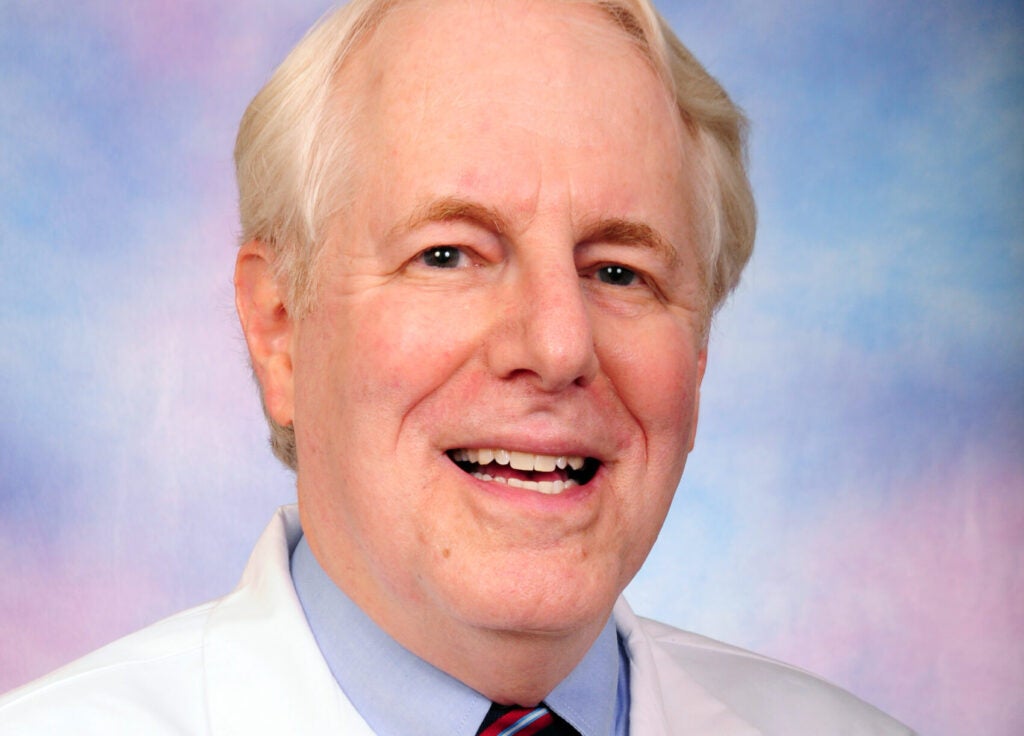Early phase clinical trials investigate a therapeutic candidate’s safety profile and sometimes offer a peek into its efficacy prospects. In cancer, the design of early phase trials is evolving, with early phase researchers zeroing in on patient niches with the aim of maximising a drug’s potential.
Because such trials are becoming more complex and need to deliver results as quickly as possible, they are also becoming more prone to costly mistakes. Spending over six months to set up an early phase trial is too long, but rushed decisions can result in rejected protocols or initiation delays, notes Ellipses Pharma chief medical officer Dr Hendrik-Tobias Arkenau.

Discover B2B Marketing That Performs
Combine business intelligence and editorial excellence to reach engaged professionals across 36 leading media platforms.
Early phase trials are facing an increasing number of issues, including the need for a specialised task force to run the trials and the fact that the technology required to screen niche patients may not be present at all sites. Strict enrolment criteria and small trials with limited slots can cause studies to turn away patients, perhaps unnecessarily.
Site selection key in early phase clinical trials
According to GlobalData’s Clinical Trials Database, there are 21,517 early phase cancer trials that are ongoing or in the planning stage. Most early phase cancer trials have sites in the US, followed by China and Japan. GlobalData is the parent company of Clinical Trials Arena.
Site selection is even more crucial in early phase oncology trials, as not all cancer centres are equally equipped to execute them, says MD Anderson Cancer Center department for investigational cancer therapeutics Phase I program associate professor Dr Timothy Yap. The site needs to be able to start the study quickly, as these trials have a short study duration, adds MD Anderson Cancer Center department of investigational cancer therapeutics deputy chair Dr David Hong.

US Tariffs are shifting - will you react or anticipate?
Don’t let policy changes catch you off guard. Stay proactive with real-time data and expert analysis.
By GlobalDataFor speedy site onboarding, sponsors and contract research organisations (CROs) need to know what services the clinical trial sites have available in order to make site selection faster, Arkenau says. Early phase trials often require detailed functional pharmacokinetics (PK) and pharmacodynamic (PD) data collection that may include overnight sampling of patients, Yap adds. As for precision medicine in early phase trials, new technologies, bioinformatic platforms, and analytics are needed to detail the molecular profiles of tumours for potential trial patients, notes Gustave Roussy Cancer Institute drug development deputy chair Dr Yohann Loriot.
Team selection is as relevant as site selection. Early phase investigators need to have expertise in early phase clinical trial designs, which are often umbrella or basket studies. Medical oncologists can receive additional training to enter specialised sites, such as the Phase I fellowship offered at MD Anderson Cancer Center, Hong notes. Patients are seen or mandated to be seen on a weekly basis or more frequently, especially at the start of the trial, which requires additional trial staff with certain expertise, Yap adds.

The number of local patients who are relevant to the trial is an important influence on site selection, but even elaborate databases have caveats making it hard to forecast whether or not there are enough potential local trial participants, Hong notes.
There are many reasons why sites may turn down early phase trials even if the site is equipped to run one. If the sponsor opens many sites for a small trial, it may not be worth the effort for the site to participate, says Karmanos Cancer Institute gastrointestinal and neuroendocrine team lead Dr Anthony Shields. Sponsors should have no more than three sites for a trial’s dose-escalation portion, but this can increase once the drug passes this stage, Yap adds. Lack of communication regarding budgeting can also fracture working relationships.
Since searching for ideal sites from scratch will take time, solidifying relationship between sponsors and sites is key. However, sponsors’s increasing dependence on CROs has somewhat jaded that working relationship as it adds an extra barrier of communication, Hong notes.
Stringent patient recruitment
Eligibility criteria must be stringent in early phase trials so that only the best-performing patients are enrolled, says Stacey Crane, PhD, assistant professor at Cizik School of Nursing at the University of Texas Health Science Center at Houston. This allows clarity of safety and efficacy data, specifically for trials investigating a new mechanism. Generally, patients with an expected survival of three months or more are acceptable to participate in trials, Shields notes.
However, very strict execution of inclusion or exclusion criteria adds to a trial’s stringency. Shield noted to Clinical Trials Arena how one of his patients was denied in a study after the patient’s haemoglobin level was 0.1 lower than baseline. Hong says this difference is not clinically relevant, and sponsors should be more lenient with inclusion criteria because not all patients are “Olympic athletes who have cancer”.

Early phase paediatric oncology trials face additional recruitment challenges. Crane explains that children are only eligible for trials when there is no available curative therapy left. Additionally, even with limited treatment options available, parents are not willing to see their child go through a lot of side effects, especially with a new treatment, she adds.
Identifying patients using precision
Precision medicine is alluring for early phase research, but it holds execution challenges, particularly with diagnostics. Even though next-generation sequencing (NGS) testing is a standard in the US, it is not as prevalent as expected, Hong says. NGS is governmentally funded in some European countries, but US insurance does not always cover NGS, which makes it complicated to fully understand the landscape of tumour mutations.
While invasive biopsies are an important diagnostic tool, these procedures are uncomfortable for the patient and can be dangerous in certain organs, Shields says. Arkenau notes that handling the sample is also important. “There is no point of analysing the data if the tissue is not processed in the right way,” he adds. Not all sites have the robust infrastructure needed to provide such services.
Even with precision medicine, there is no guarantee of trial success. “There are hundreds and thousands of mutations, and even with all the available resources and literature, it can be difficult to identify if that particular mutation is actionable,” Hong explains.
However, there is a reason why precision research persists. Modern medicine builds drugs around biology, and having restrictive criteria defined by specific mutations can help a drug move toward approval more quickly, notes University of Glasgow Wolfson Wohl Cancer Research Centre director Andrew Biankin.
Slot availability is an issue
To make it easier to find very specific patients, the trial needs to cast a wide net, Shields says. Karmanos Cancer Institute uses Michigan’s hospital network system to publicise its clinical trials. Alongside ClinicalTrials.gov, the Institute also launched a mobile app with listed studies.

Shields notes that patients fly from all around the country to see if they fulfil the trial’s inclusion criteria. Other factors like heighted media attention, such as on data from a renal cancer trial, attract queries from patients looking for openings, Hong says.
Still, early phase trials are typically small, and patients may be turned away even if they fulfil the criteria. Trials accept patients on a “first come, first served” basis, and patients who are waiting for entry into trials are encouraged to look for other options, Shields says. Companies are increasingly using a “backfill slot” approach, meaning that once a dose level is cleared and known to be safe, more patients are recruited for the same dosage to learn more about the drug, thus allowing more participants to enter the clinical trial, Yap notes.
Early phase clinical trials in cancer are high-risk operations. While there have been success stories revealing promising therapies, even for tumours considered to be undruggable, there are many scientific unknowns. As such, it is even more imperative to ensure that operational challenges are addressed directly so that the study results, whatever they may be, are not tainted with execution queries and move the drug development forward.
Takeaways:
- Informed site selection is crucial, especially for early phase cancer trials, as not every research centre has the infrastructure necessary to carry out complex trial designs. Experienced staff and a solid relationship between the site and sponsor are the keys for a successful study.
- Finding patients who are fit enough to participate in a trial and strict laboratory value requests from sponsors makes study recruitment and execution harder. In cases where there is overloaded patient interest, early phase studies have limited slots available, leaving some patients on a waiting list.
- Precision medicine is a logical choice in early phase cancer trials, but finding patients can be tough if diagnostic resources are hard to secure.





